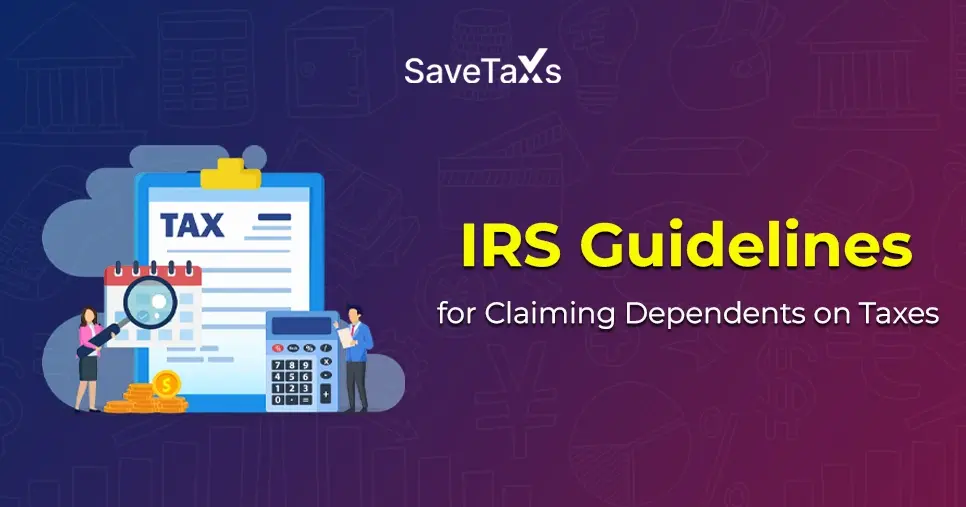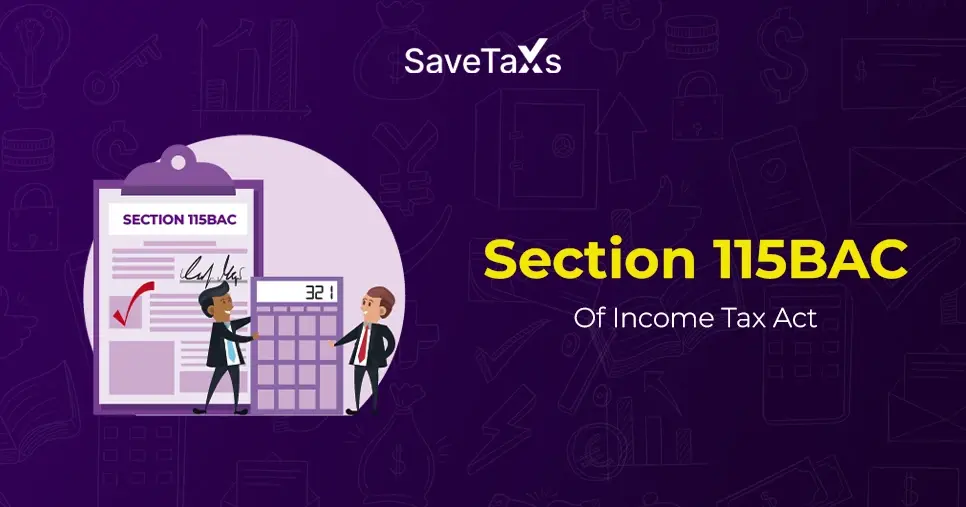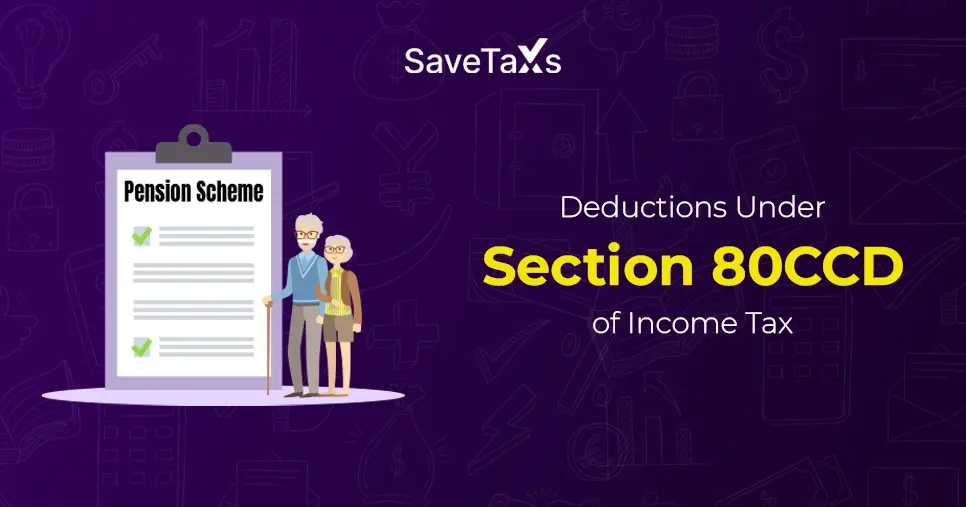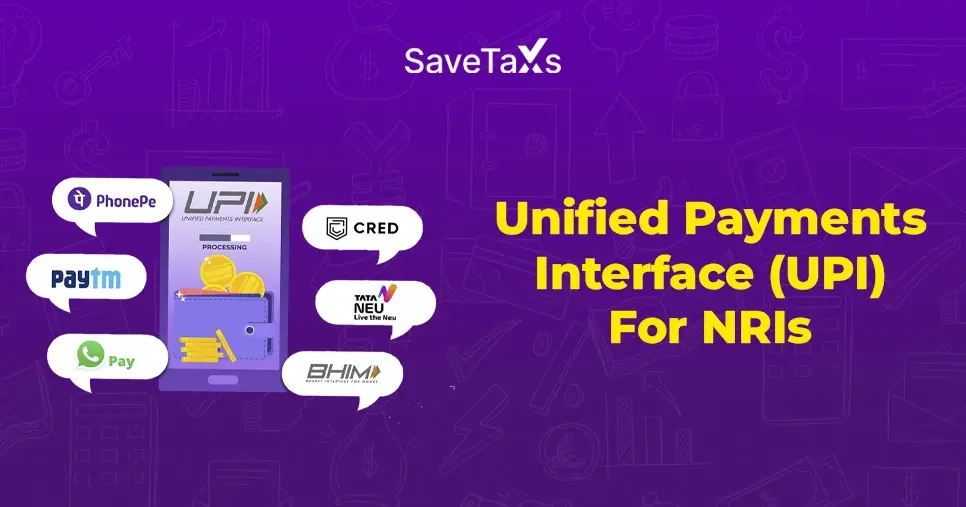- What is Section 80EEA of the Income Tax Act?
- What are the features of Section 80EEA?
- Section 80EEA Deduction Eligibility
- Tax Benefits on Home Loan
- What are the conditions to claim the deductions
- How to calculate the deduction under Section 80EEA?
- Points to be considered to claim Section 80EEA deduction
- Tax Deductions on Stamp Duty and Registration Charges.
- What is the difference between Section 24 and Section 80EEA?
- What is the difference between Section 80EEA and Section 80EE?
- Get Expert NRI Tax Consultancy Services
Section 80EEA of the Income Tax Act permits the individual to claim a deduction of up to INR 1.5 Lakh on the home loan interest annually. This benefit is an additional deduction that can be claimed in addition to the benefits under Section 80C and 24. This section was first introduced by the Finance Minister of India, Smt. Nirmala Sitharaman, in the 2019 Budget session, with a vision of promoting "Affordable Housing for All".
This tax deduction applies only to first-time homebuyers who do not have any other residential property at the time of loan approval, and the loan must be sanctioned between April 1, 2019, and March 31, 2022. In this blog, we will explore Section 80EEA of the Income Tax Act, including its applicability, eligibility, benefits, and more.
What is Section 80EEA of the Income Tax Act?
The government of India envisions promoting affordable housing for all, and hence, Section 80EEA came into existence. It provides an additional deduction of up to Rs 1.5 lakhs on the home loan interest for first-time residential property buyers. The deduction of 1.5 lakh can be claimed until the loan is completely repaid.
However, to claim the deduction under section 80EEA, the stamp duty of the property must not exceed the set threshold of Rs 45 lakhs. The deductions can only be claimed on the loans sanctioned from April 2019 to March 2022.
The deduction on interest under this section can also be claimed by the Non-Resident Indians (NRIs).
What are the features of Section 80EEA?
Mentioned below are some of the key features of Section 80EEA.
Eligibility: The deduction mentioned under section 80RRA is only available to individuals who are first-time home buyers. This means they cannot own any other residential property, whether a let-out or self-occupied, at the time their home loan is sanctioned.
Deduction Limit: The tax deduction under section 80EEA of the Income Tax Act is capped at up to Rs 1.5 lakh annually.
Affordable Residential Property: The deduction under section 80EEA is applicable only for a home loan taken to purchase an affordable residential property. Meaning the stamp duty value shall not exceed Rs 45 Lakh.
Joint Ownership: This means that the tax deduction can be claimed either individually or jointly by the co-owners, with each owner eligible to claim a deduction of up to Rs 1.5 Lakhs.
Time Limit: Only housing loans sanctioned from April 2019 to March 2022 are eligible for the deduction under section 80EEA of the Income Tax Act.
Additional Deduction: The deduction mentioned under section 80EEA is over and above the section 24(b) existing deduction of Rs 2 Lakh on the home loan interest.
Section 80EEA Deduction Eligibility
The deduction is eligible only for the individual, be it an Indian resident or a non-Indian resident (NRI). HUF, BOI, AOP, and other partner firms are not eligible for this deduction. In addition to this, the deduction is only applicable to he individual who is buying a residential property for the first time.
Ensure that you have opted for the old tax regime to claim this deduction. Under the new tax regime, you are not eligible to avail the tax deduction.
Section 80EEA eligibility for NRIs requires that their residential or housing property be located solely in India.
Tax Benefits on Home Loan
The mentioned blow table states the tax benefit under the section of the IT Act.
| IT Act | Deduction Amount |
| Section 24 | INR 2 lakhs per annum on interest |
| Section 80C | INR 1.5 Lakhs on the principal component of the house loan repayment. |
| Section 80EEA | INR 1.5 lakhs in a financial year on the interest paid on the repayment of the housing loan. |
What are the conditions to claim the deductions
There are a few conditions that must be met to claim the deductions.
- The housing loan must be taken from a reputable housing financial company or a financial institution.
- The loan must be sanctioned within the period from April 2019 to March 2022.
- The residential property must be up to Rs 45 lakh.
- The taxpayer claiming a deduction under Section 80EEA must not be eligible to claim a deduction under Section 80EE.
- And lastly, the individual must be a first-time homebuyer.
Conditions as per the Carpet Area
The conditions mentioned below are not specified in Section 80EEA of the Income Tax Act, but noted in the memorandum of the Finance Bill, and are mandatory to be met to claim the tax deductions.
The carpet area of the residential property shall not exceed the threshold of 60 square meters (645 sq ft) in the metropolitan cities.
The carpet area must not exceed 90 square meters (968 sq ft) in any other town or city.
How to calculate the deduction under Section 80EEA?
Let us understand these three different cases.
Case 1:
Mr. Arjun, an NRI residing in Dubai, purchased a house in Pune during the 2019-20 financial year. The stamp duty value of the house is Rs 42 lakhs. Mr. Arjun has paid Rs 3.2 lakhs as interest on the loan, which was taken from an Indian Bank, and does not own another housing property at the time of loan sanction.
In such a case, Mr Arjun can claim Rs 2 lakh under Section 24 and an additional Rs 1.2 lakh under Section 80EEA.
Case 2:
Mr Dinesh took a home loan in the financial year 2019-20 for a residential property whose stamp duty value is Rs 40 lakh, and he paid the interest of Rs 4 Lakh annually. Along with this, Mr Dinesh does not own any other residential property. Is he qualified to claim a deduction under Section 80EEA?
Yes, Mr Dinesh can claim Rs. 2 lakh as a deduction on the home loan interest under Section 24 of the Income Tax Act. Now, in addition to this, since the stamp duty value was less than Rs 45 lakh, he is also eligible for a deduction of Rs 1.5 lakh under Section 80EEA. Hence, the total tax deduction claimed was Rs 3,50,000, a combination of both sections 24 and 80EEA.
Case 3:
Mr. and Mrs. Sharma bought a house for Rs 45 lakh in the financial year 2019-20, and along with this, Mr. Sharma also took a home loan with an annual interest payment of Rs 3 lakh. Are mr and mrs Sharma eligible to claim deductions under 80EEA?
Since Mr. Sharma is not a co-borrower in the loan, only he can claim a deduction under section 80EEA. The total deduction he can claim is Rs 3 lakh, which is Rs 2 lakh under section 24 and Rs 1 lakh under section 80EEA.
Points to be considered to claim Section 80EEA deduction
Both residents of India and NRIs are entitled to claim deductions under Section 80EEA.
This section does not specify whether the residential house must be self-occupied to avail the section 80EEA deduction. Hence, individuals living in rented houses can also claim the deduction.
The deduction on the home loan interest can be claimed jointly or singly. If someone jointly owns the house, then both are eligible to claim the deduction, given all the other eligibility conditions are met.
Tax Deductions on Stamp Duty and Registration Charges.
The registration fees and the stamp duty can also be claimed as tax deductions under Section 80C of the Income Tax Act. Ensure that they must be within the overall limit of Rs 1.5 lakh under section 80C. This benefit is available regardless of whether you take the residential loan or not. However, the benefit is only applicable for the year in which the expenses are incurred.
What is the difference between Section 24 and Section 80EEA?
| Section 80EEA | Section 24 |
| Under section 80EEA, there are no requirements for the possession of the property. As soon as the loan interest payment starts, one can claim the exemptions. | The possession of a house is a must to claim the deduction under Section 24. |
| The home loans taken from financial institutions or banks qualify for the deduction under section 80EEA. |
If the residential loan is taken from relatives or friends and the interest is paid to them, it is allowed for exemption. |
| The deduction limit available under section 80EEA is Rs 1.5 Lakh. | The maximum deduction value available is Rs 2,00,000. |
|
Conditions to claim Section 80EEA deduction are:
|
There are no such conditions. |
What is the difference between Section 80EEA and Section 80EE?
| Section 80EEA | Section 80EE |
| The stamp duty value must be up to Rs 45 lakh | The house value must be either Rs 50 Lakhs or less. |
| The loan must be sanctioned from April 2019 to March 2020 | The loan must be sanctioned from April 2016 to March 2017 |
| The maximum deduction is Rs 1.5 Lakh. | Rs 50,000 is the maximum available deduction. |
| There is no capped limit on the value of the land. | The land value should not exceed Rs 35 lakh. |
Get Expert NRI Tax Consultancy Services
To summarize, Section 80EEA for NRIs of the Income Tax Act is an excellent initiative by the Government of India to provide additional tax benefits for the first-time home buyer, making housing affordable for all. This section has inspired many people to turn their dream of owning a home into reality.
Similar to section 80EEA, numerous sections in the Income Tax Act are often overlooked, yet understanding them can significantly reduce tax liabilities. As an NRI taxation firm, we help NRIs maximize their tax savings by ensuring they benefit under every section for which they are eligible.
Savetaxs is a team of experts who ensure that each of our clients is catered to with the best tax consultancy services to minimize their tax liabilities. Connect with us today as we are available 24/7 across all time zones.

Mr Manish is a financial professional with over 10 years of experience in strategic financial planning, performance analysis, and compliance across different sectors, including Agriculture, Pharma, Manufacturing, & Oil and Gas. Mr Prajapati has a knack for managing financial accounts, driving business growth by optimizing cost efficiency and regulatory compliance. Additionally, he has expertise in developing financial models, preparing detailed cash flow statements, and closing the balance sheets.
- A Comprehensive Guide on the DTAA between India and the USA?
- Double Tax Avoidance Agreement (DTAA) Between India and UK
- NRI Selling Property in India
- Duplicate PAN Card Application Process For NRIs and Indian Citizens
- What is Double Taxation Avoidance Agreement (DTAA)? How NRIs can Claim Benefits Under DTAA
- Section 195 of Income Tax Act - TDS Applicability for NRI
- Section 89A - Tax Relief on Income from Foreign Retirement Funds
- What is the Double Tax Avoidance Agreement (DTAA) Between India and Singapore?
- Everything You Need to Know About Form 15CA and 15CB of Income Tax
- What is a Tax Residency Certificate (TRC) and How to Get It?
Want to read more? Explore Blogs
Frequently Asked Questions
No matter what your source of income is, we've got you covered. There’s a plan for everybody!
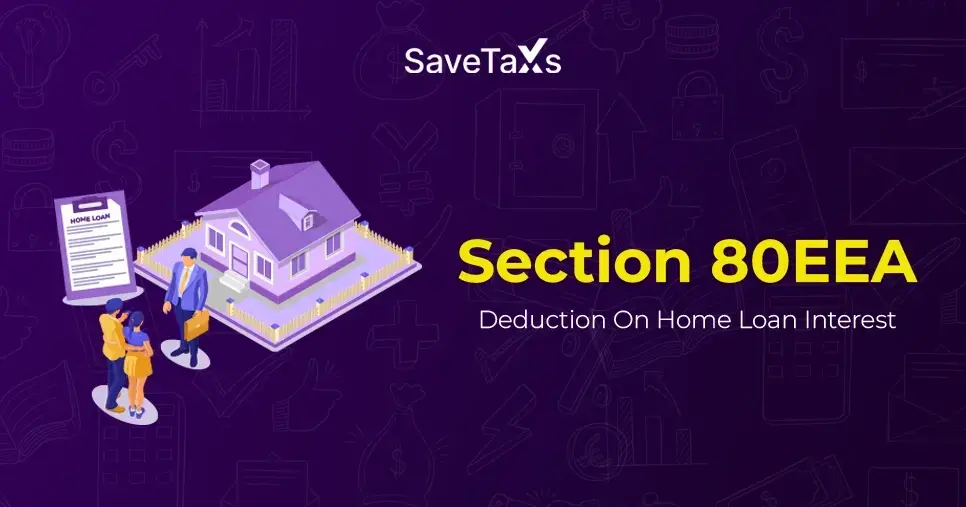

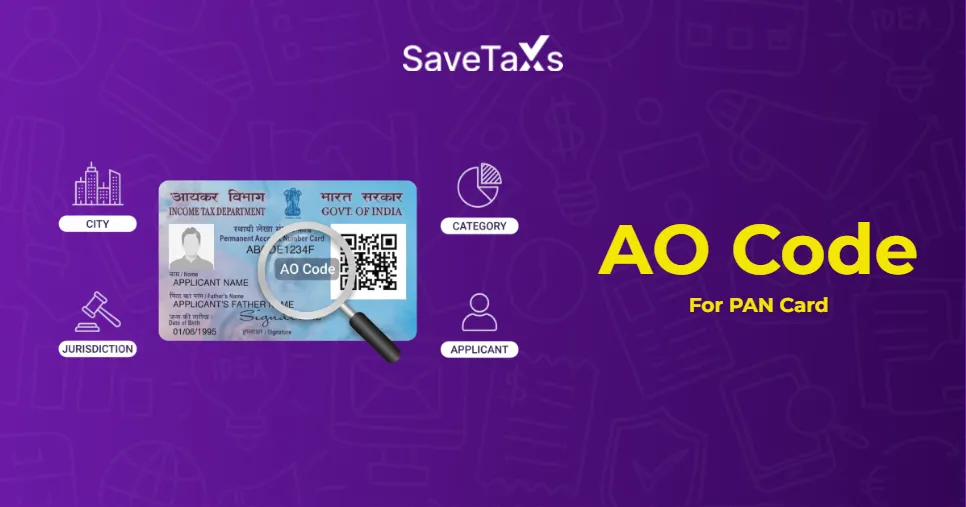

_1767170479.png)
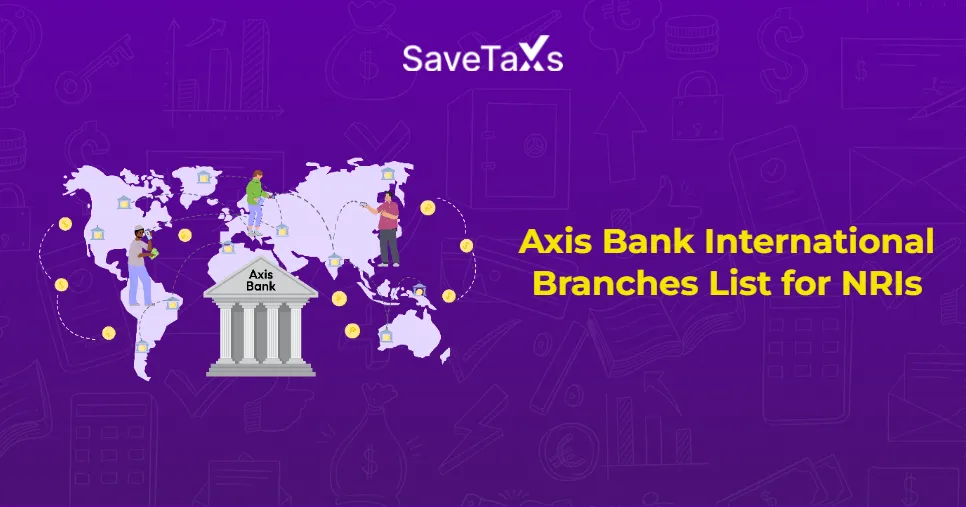


_1767604193.webp)

_1767780160.webp)
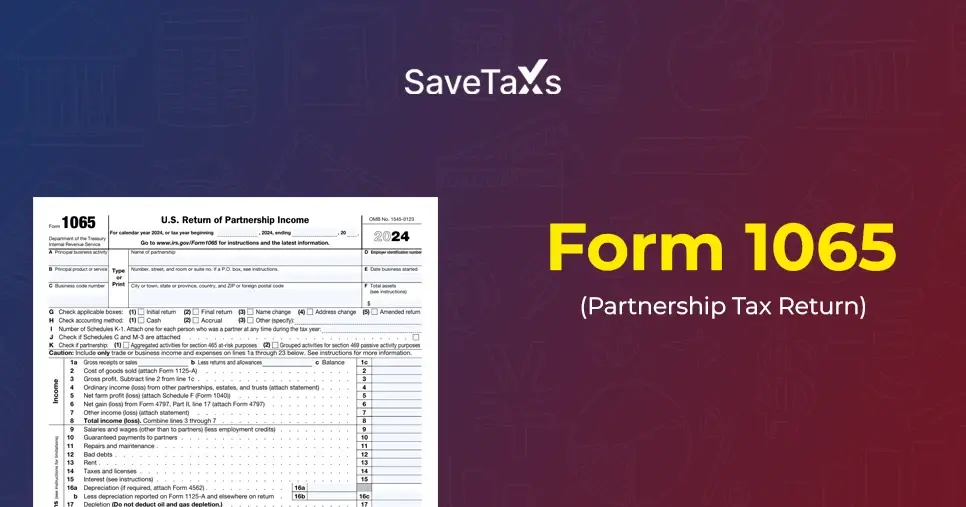
_1767339016.png)
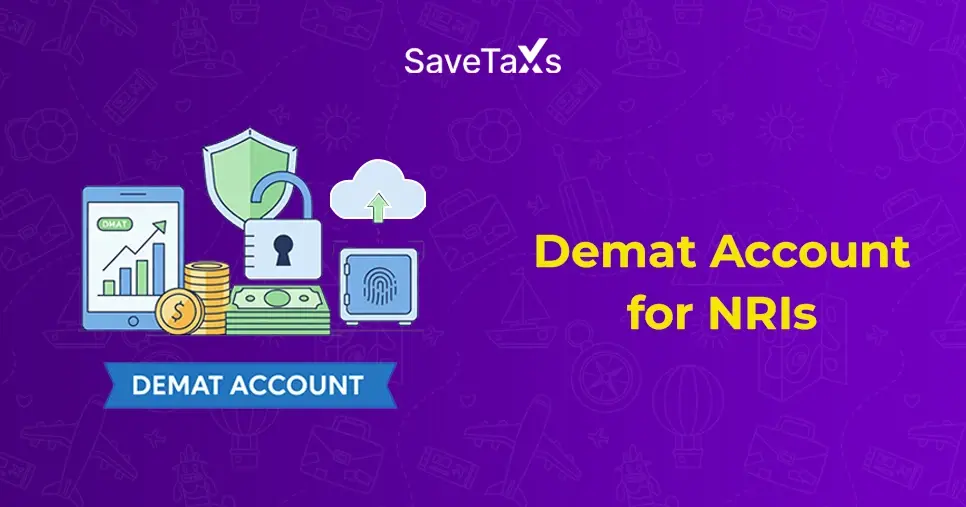
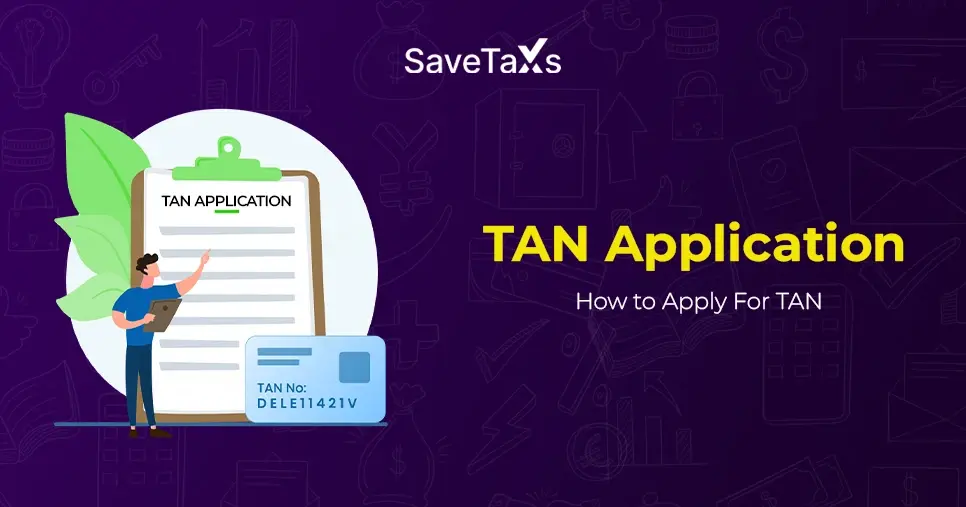
_1756467732.webp)

